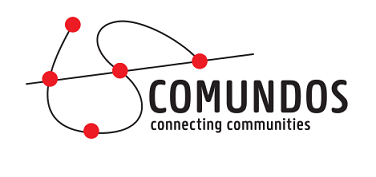Cerrado region in Brazil is in danger
 Do you dream of an exotic trip?
Do you dream of an exotic trip?
In search of a glance at your favorite animal in its natural environment?
Then you might just go to the woods in the Amazon.
Untill the constant rain.
snakes, spiders and biting insects change your mind. You’d probably rather not.
Still there is hope: The Cerrado.
This unique area of about 2 million square kilometers can be found in the heart of Brazil.
This ecosystem does not only have world's largest water reservoir.
But, also has a rich variety of fruits and seeds like pineapples, passion fruits, cashew nuts and so much more.
Stemming from their traditional knowledge with this natural richness, the inhabitants have established a local economy.
 Unfortunately, almost half of the Cerrado has suffered from deforestation and the production of soy, sugarcane and eucalyptus.
Unfortunately, almost half of the Cerrado has suffered from deforestation and the production of soy, sugarcane and eucalyptus.
This is a disaster for both humans and nature,
Because the area consistently becomes dryer. The last years large enterprises are replacing the diversity of the local food supplies due to genetically modified soy crops that are being cultivated on a very large scale.
Is it that they like soy that much over there?
No... Soy mainly serves as feed for cattle overseas.
Of which only four large multinationals control the market of this product.
In the West of Flanders we also massively import soy for our pigs. Over here there are three times more pigs than human beings. Two thirds of these animals are exported to the rest of the world.
While the manure remains here.
Farmers can not necessarily be seen as culprits because many farmers with cattle are trapped in hopeless situations as cheap labor forces for the cattle feed industry. They can only choose between growing or stopping.
So what can we do?
First and most prominently: Think global and eat local
Eat less meat and pick soy-free meat.
Sore info can be found on www.sojaconnectie.be
Support Wervel and aid us in distributing the message.
Join the Cerrado team!
A gift for Comundos
Over the years, Comundos has helped remote communities around the world by teaching critical thinking, media literacy and the use of communication technology.
To do this effectively, we need your support for computers, translations, courses and social media management.
Thank you .
BE11 1030 2973 8248




